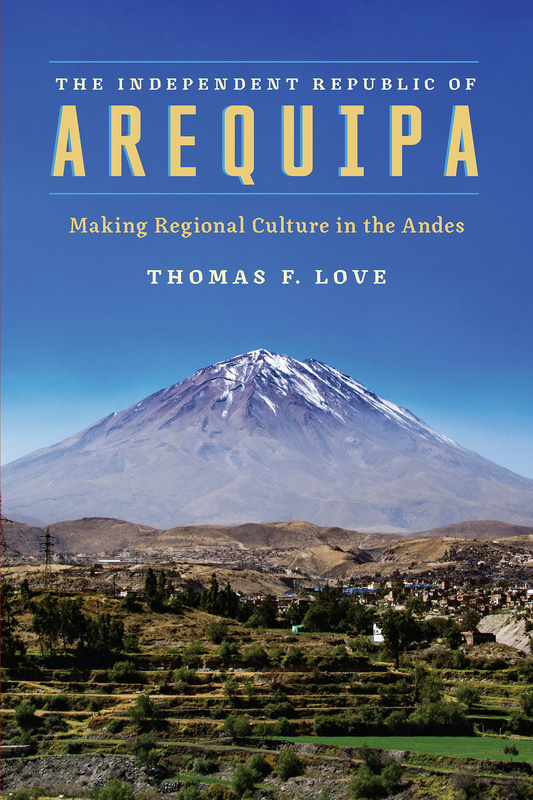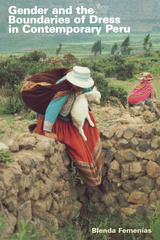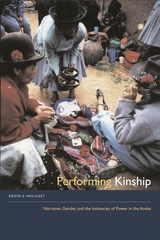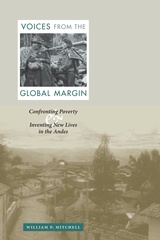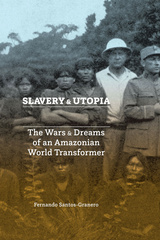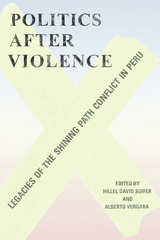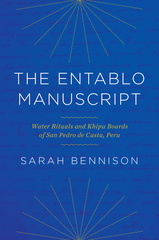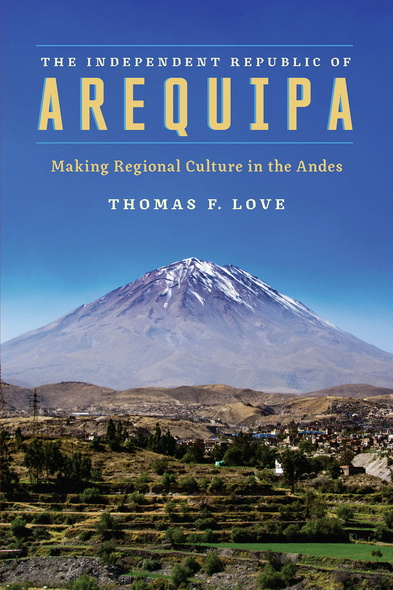
The Independent Republic of Arequipa
Making Regional Culture in the Andes
Arequipa, Peru’s second largest city, has the most intense regional culture in the central Andes. Arequipeños fiercely conceive of themselves as exceptional and distinctive, yet also broadly representative of the nation’s overall hybrid nature—a blending of coast (modern, “white”) and sierra (traditional, “indigenous”). The Independent Republic of Arequipa investigates why and how this regional identity developed in a boom of cultural production after the War of the Pacific (1879–1884) through the mid-twentieth century.
Drawing on decades of ethnographic fieldwork, Thomas F. Love offers the first anthropological history of southwestern Peru’s distinctive regional culture. He examines both its pre-Hispanic and colonial altiplano foundations (anchored in continuing pilgrimage to key Marian shrines) and the nature of its mid-nineteenth century “revolutionary” identity in cross-class resistance to Lima’s autocratic control of nation-building in the post-Independence state. Love then examines Arequipa’s early twentieth-century “mestizo” identity (an early and unusual case of “browning” of regional identity) in the context of raging debates about the “national question” and the “Indian problem,” as well as the post-WWII development of extravagant displays of distinctive bull-on-bull fighting that now constitute the very performance of regional identity. Love’s research reveals that Arequipa’s “traditional” local culture, symbolically marked by populist, secular, and rural elements, was in fact a project of urban-based, largely middle-class cultural entrepreneurs, invented to counter continuing Limeño autocratic power, marked by nostalgia, and anxious about the inclusion of the nation’s indigenous majority as full modern citizens.
[S]pecialists interested in the central Andes will find Love's book rewarding…The book ranges widely rather than focusing narrowly on Arequipan regionalism and subnational identites, and thus contains information that will attract readers interested in other aspects of southern Peru.
The Independent Republic of Arequipa] is ambitious not only in its chronological scope, stretching back to pre-Columbian times, but also in its interdisciplinary approach that combines history and anthropology...Love has provided a rich picture of a regional culture, from different perspectives. His work will hopefully inspire more scholarship on both Arequipa and other regionalist discourses.
A remarkably well-supported, engaging, and original excavation of regional politics and society. I anticipate the volume will be of great interest to Peruvianist and Andeanist scholars, as well as many others outside the region and country. I will certainly recommend it to my graduate students and colleagues.
THOMAS F. LOVE is a professor of anthropology at Linfield College. He coedited Cultures of Energy: Power, Practices, Technologies and State, Capital, and Rural Society: Anthropological Perspectives on Political Economy in Mexico and the Andes.
- Maps, Tables, and Illustrations
- Preface
- Acknowledgments
- 1. Introduction: Nation, State, Culture, and Region in Arequipa
- 2. Pre-Hispanic and Colonial Arequipa: Altiplano Ties and Religious Pilgrimage as the Popular Foundations of Regional Identity
- 3. From Colony to the War of the Pacific: Crises, Nation Building, and the Development of Arequipeño Identity as Regional
- 4. Literary Regionalism: Browning, Secularizing, and Ruralizing Regional Identity
- 5. Picanteras and Dairymen: Quotidian Citizenry
- 6. Social Genesis, Cultural Logic, and Bureaucratic Field in the Changing Arequipeño Social Space
- Notes
- Bibliography
- Index

